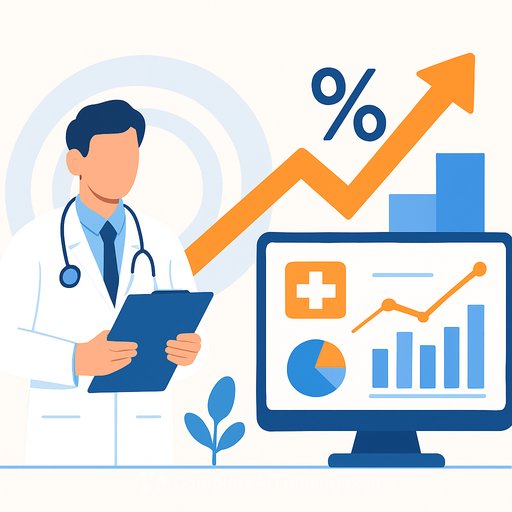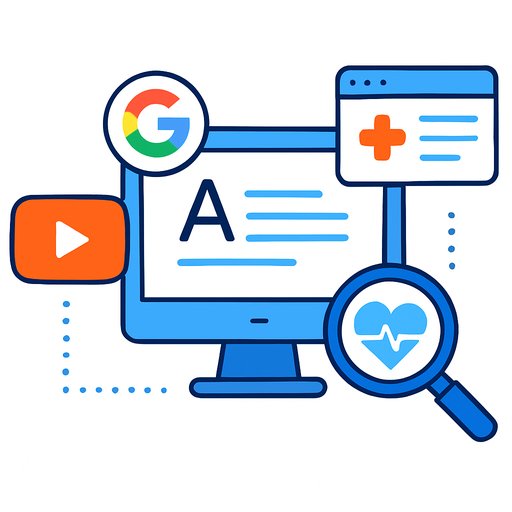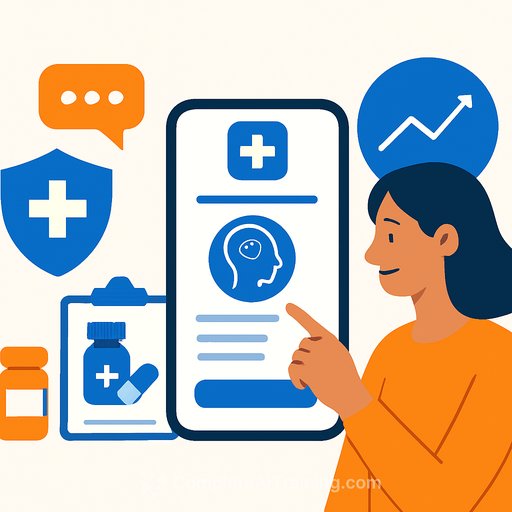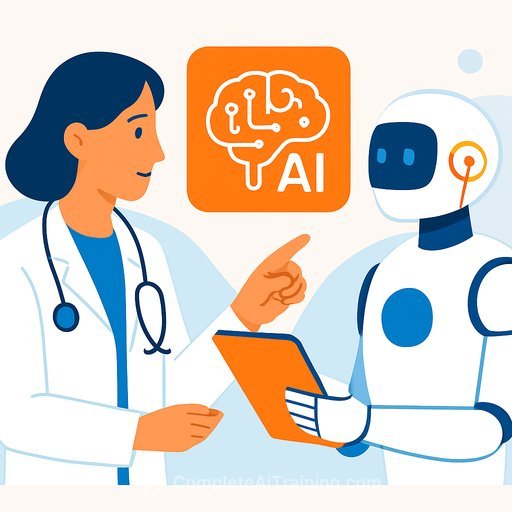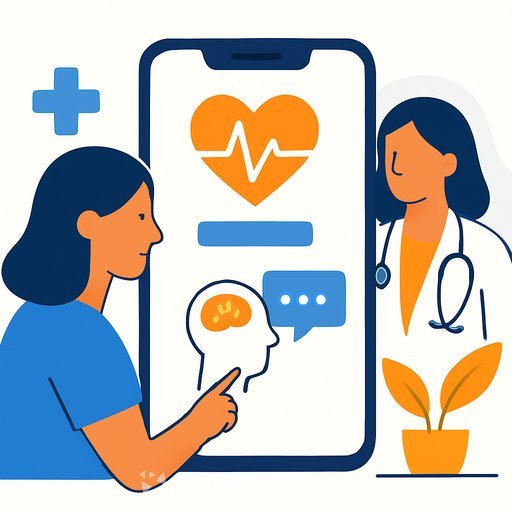Fujitsu AI transforms regional healthcare in Iki City
From July to September 2025, Fujitsu and Social Medical Corporation Genshukai ran a focused pilot in Iki City, Nagasaki. The goal: make hospital management sustainable by improving profitability and daily decision-making with data and AI. Built on Fujitsu Data Intelligence PaaS, the team stood up a working solution in three months. Early results point to an estimated 10% annual revenue lift and stronger control over operational risk.
Why this matters for hospital leaders
About 70% of hospitals in Japan operate at a deficit. Under a complex fee schedule, small misses on facility standards can trigger repayments that erode margins. Genshukai needed to reduce unnecessary repayments, improve bed utilization, and keep care continuous for the community.
What Fujitsu built (in plain terms)
- Integrated data from EMR, claims systems, and third-party tools so leaders and frontline teams see the same facts.
- Unified structured and unstructured data, then applied multiple AI models to surface risks, opportunities, and next steps.
- Created views that connect management targets to daily work, so actions link directly to financial and clinical outcomes.
Two capabilities that move the needle
- Facility standards control: The system translates facility standards into clear, trackable conditions. It flags gaps early, shows status by standard, and suggests improvement actions. Staff who used to manage spreadsheets and manual checks now get automated tracking and risk alerts. The aim is simple: prevent avoidable repayments and keep revenue stable.
- Bed control and assignment: A mathematical optimization model proposes bed assignments that respect constraints like patient severity, related facilities, and room rules. Target outcome: raise general ward occupancy from about 70% to 90%, driving an estimated 10% monthly revenue improvement in that ward.
Results so far
Genshukai projects roughly 10% growth in annual revenue by cutting repayment risk and improving utilization. The solution gives managers clear visibility and gives frontline teams practical guidance. It's now set to expand across Genshukai's 16 facilities, including Mitsutake Hospital (88 beds), nursing care, and home care services. Fujitsu plans broader deployment to medical institutions across Japan by the end of 2026.
Human-centered care remains the point
Takamichi Mitsutake, Chairman of the Board at Genshukai, put it plainly: "Healthcare professionals should spend most of their time doing the work only humans can do-listening to patients, acknowledging fears, giving strength, and providing a bedside manner." The collaboration was described as a team effort with both technical depth and empathy-an important signal that AI should reduce administrative drag, not add to it.
Local partnership and community impact
On October 28, Fujitsu signed an Engagement Partner Agreement with Iki City under the city's partner program. The collaboration will continue in healthcare and extend to other regional priorities that improve long-term sustainability.
What you can apply in your hospital
- Map facility standards to data fields and automate daily checks. Set alerts for thresholds that risk triggering repayments.
- Create a single view that blends EMR, claims, staffing, and bed status. Remove manual reconciliation wherever possible.
- Pilot a bed assignment model on one ward. Define constraints, measure occupancy and length of stay, then iterate weekly.
- Link dashboards to action: each risk should have an owner, a due date, and a documented countermeasure.
- Build an AI governance routine-data quality checks, bias reviews, and clear escalation paths for clinical concerns.
- Train managers and charge nurses on interpreting AI suggestions, not just the mechanics of the software.
Context and timeline
- Project period: July-September 2025
- Announcement date: October 28, 2025 (Kawasaki, Japan)
- Scope: Genshukai's regional network in Iki City across hospital, nursing, and home care
SDGs and healthcare operations
This initiative aligns with a practical reading of the UN Sustainable Development Goals-specifically improving health system resilience and access. For a concise overview of the SDGs, see the UN's page here: United Nations SDGs.
Upskilling your team
If you're planning similar initiatives and need to build AI literacy across operations, consider curated learning paths by job role: AI courses by job. Practical training shortens the time from pilot to impact.
Note: The statistic indicating that approximately 70% of hospitals in Japan operate at a deficit references a 2025 report by the Japan Association of Medical Deans and Hospital Directors.
Your membership also unlocks:

